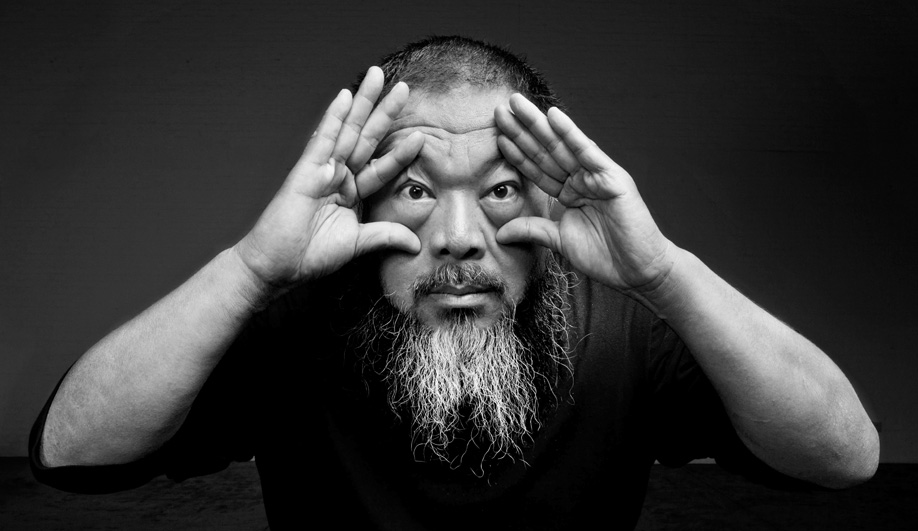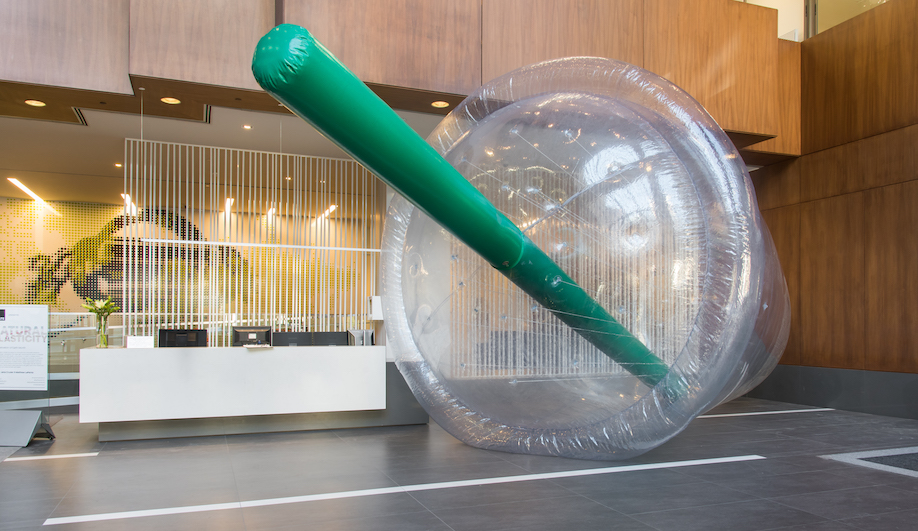
In the age of social media, should we be keeping a closer eye on surveillance?
It’s now almost impossible to disappear from the grid. With camera-filled city streets, buildings, and transportation hubs, not to mention smartphones that harvest personal data and track location, our movements are continually monitored. For better or for worse, surveillance has become a routine part of daily life. The concept may be unnerving, but we accept it in the name of security, convenience, and even fun, as we broadcast our activities to the world via social media.
This ambivalence about surveillance was exhibited this past summer in an art installation by creative collaborators Ai Weiwei and Herzog & de Meuron. In the darkened Drill Hall of the Park Avenue Armory in Manhattan, Hansel & Gretel greeted visitors with an army of drones buzzing overhead. An array of ceiling-mounted infrared cameras tracked each person’s steps, projecting the images onto the floor to leave a fading stream of fuzzy stills, like a trail of virtual bread crumbs.
Though Weiwei — whose work has commonly touched on themes of surveillance — and Herzog & de Meuron’s installation was vaguely ominous upon entry, the sense of threat lifted with the realization that the technology had been defanged. Visitors took to creating stop-motion-animation-like patterns on the floor with their bodies – an effect that was widely compared to an elaborate selfie. The drones – a lethal threat elsewhere in the world – were tethered by leashes that made them more like curious pets.
The exhibition was a display of technological wizardry that rendered surveillance, one of the pressing issues of our time, sort of cute, and a magic show full of questions: How are these tools already implemented in our cities, and how will they be used in the future? Do tracking technologies and drones infringe on our personal freedoms, or are they merely the next great playthings? Maybe, as Hansel & Gretel seemed to suggest, the problem isn’t the technology itself, but our willing embrace of it.




